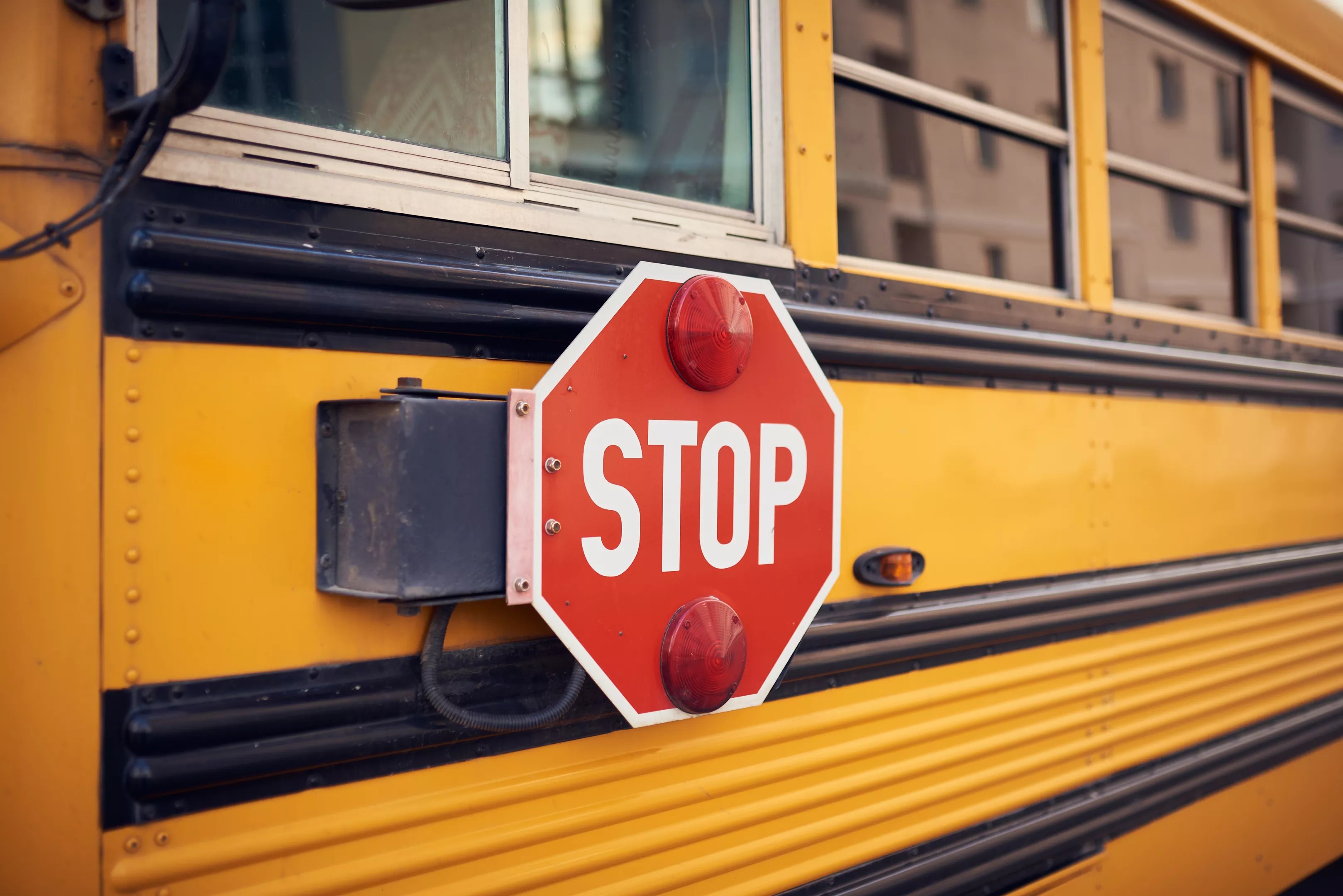
Adobe Stock

Audio By Carbonatix
Starting next fall, Texas students caught with a vape or e-cigarette device at school may not face the stringent consequences that would have been imposed in years past.
House Bill 6, authored by Collin County Republican Rep. Jeff Leach, received final approval by the Texas House and Senate just days before the end of the 2025 legislative session. The law now heads to the desk of Texas Gov. Greg Abbott.
If signed into law, a provision of HB 6 would allow school districts to handle student infractions involving vape devices on a case-by-case basis. The amendment was introduced by state Sen. José Menéndez, a San Antonio Democrat, and will allow districts to take a more lenient approach to handling vape-related cases. The amendment comes only one session after the state legislature adopted a law that required students caught with a vape to be sent to an off-campus alternative school.
Oftentimes, schools found that punishment didn’t match the crime.
“That kid’s never been in trouble, and now our state law says … they’ve got to go to (Disciplinary Alternative Education Program)?” Menéndez said.
According to the Dallas Morning News, the mandated punishment for vape possession resulted in hundreds of Dallas ISD students missing class time, and opponents to the discipline strategy warned that kicking students out of school would do little to address addiction issues. The punishment also resulted in disciplinary programs being overcrowded; in Dallas ISD, 1 in 10 students sent to an off-campus alternative school had been sent there due to vaping, the News found.
Andrew Hairston, director of the Education Justice Project at the advocacy group Texas Appleseed, described this year’s legislative session as a “difficult” one, where “pretty much no good bills” related to education passed. Menéndez’s amendment to HB 6, he said, is a small silver lining compared to the rest of the bill’s contents.
“It does feel like a bit of a victory in the grand scheme of things, and it’s helpful that there will be more flexibility for districts to deal with the public health issue that is vaping in a way that is ultimately less punitive than HB 114 from 2023,” Hairston said. “You should feel supported as a young person on your campus to get back on track. And maybe understand some of the public health harms, how it can impact you long-term. But [students should] ultimately get the opportunity to resume their academic trajectory and not be ushered into the school-to-prison pipeline.”
Though the adopted flexibility for vape infractions is being logged as a win for education advocates, the other nuts and bolts of HB 6 give Hairston pause. Ultimately, the rest of the law takes a swing at student discipline, which districts have reported has become increasingly erratic in the years since the COVID-19 pandemic.
“Kids, by their nature, are disruptive. They are trying to learn socially appropriate behaviors. They’re trying to adjust to new learning environments as they move from elementary school to middle school. And they should be given that grace to make mistakes.” – Andrew Hairston, Director of the Education Justice Project at Texas Appleseed
Last year, the Observer reported that student disciplinary infractions have spiked across North Texas districts in recent years.
“If you talk to teachers long enough, they’re going to tell you that right now discipline is one of the leading concerns in their profession. Student behaviors are going unchecked, and they’re escalating to a point where a lot of them are becoming violent,” said Stephen Poole, director of the United Educators Association.
In an attempt to curb student misbehaviors, HB 6 will make it easier to address student disruption by kicking a student out of class after documenting repeated infractions. The issue here is that disruption is a “nebulous” term, especially when left open to the discretion of an educator, Hairston said.
The law also rolls back protections put in place less than a decade ago for some of Texas’ youngest learners. In 2017, the state outlawed out-of-school suspensions for kindergarten through second-grade students except in extreme cases, like violence or bringing drugs to school. Similar protections were passed in 2019 for unhoused students.
If HB 6 is signed into law, though, “conduct that results in repeated or significant disruption to the classroom” will be grounds for removal from class, regardless of a student’s age or housing status. A teacher would have to document that behavior ahead of the removal, but once in place, the in-school suspension would not be limited to a set number of days.
“Kids, by their nature, are disruptive,” Hairston said. “They are trying to learn socially appropriate behaviors. They’re trying to adjust to new learning environments as they move from elementary school to middle school. And they should be given that grace to make mistakes.”
A few other wins were notched this session for education advocates. Texas Appleseed celebrated the defeat of Senate Bill 1924, which passed the Senate but failed to get out of a subcommittee in the House, and House Bill 2947, which did not make it past the House Calendars committee. The bills would have made it easier for schools to take judicial action against students for behavioral infractions.
Still, Hairston worries that the Legislature’s “whiplash” – revoking or rewriting mandates after less than a decade on the books – adds to the burden school districts already face.
“It’s unfair to the school districts, quite honestly,” he said. “It is very challenging that within the decade, especially with that pre-k through second grade suspension ban, it’s been essentially hollowed out. And now districts will have to deal with the issue of implementing that and putting more kids out of the classrooms and doing a real disservice to them in the process because of the Texas legislature’s actions.”